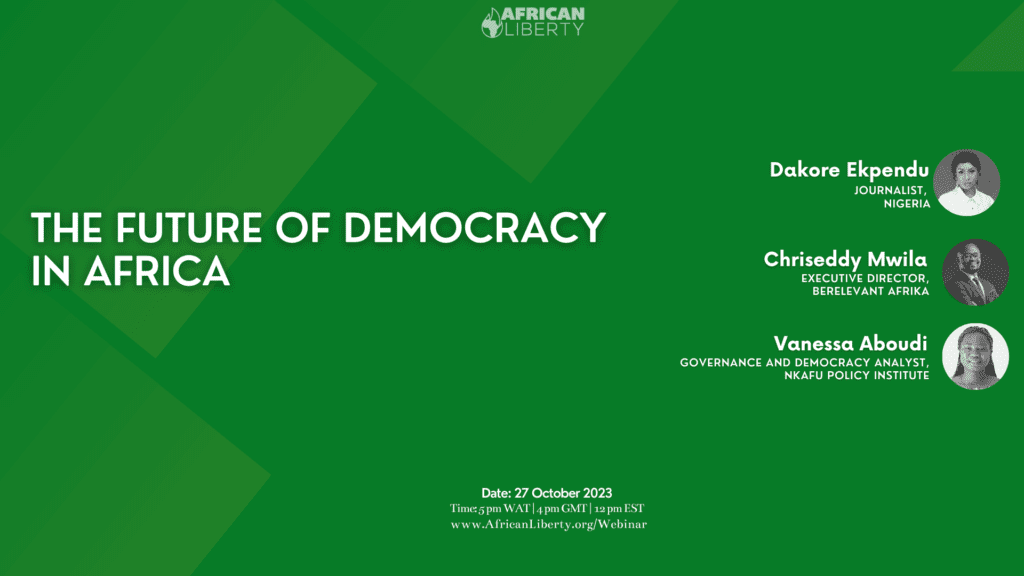Professor Yeukai Mupangavanhu holds a doctor of law degree, specializing in trademark law, from the University of the Western Cape in 2014. Her expertise lies in intellectual property law, particularly in trademarks and the law of contract. She has extensive experience teaching intellectual property law at both undergraduate and postgraduate levels, as well as undergraduate courses in the law of contract and advanced law of contract. Professor Mupangavanhu actively participates in national and international conferences and forums, where she shares her research findings.






